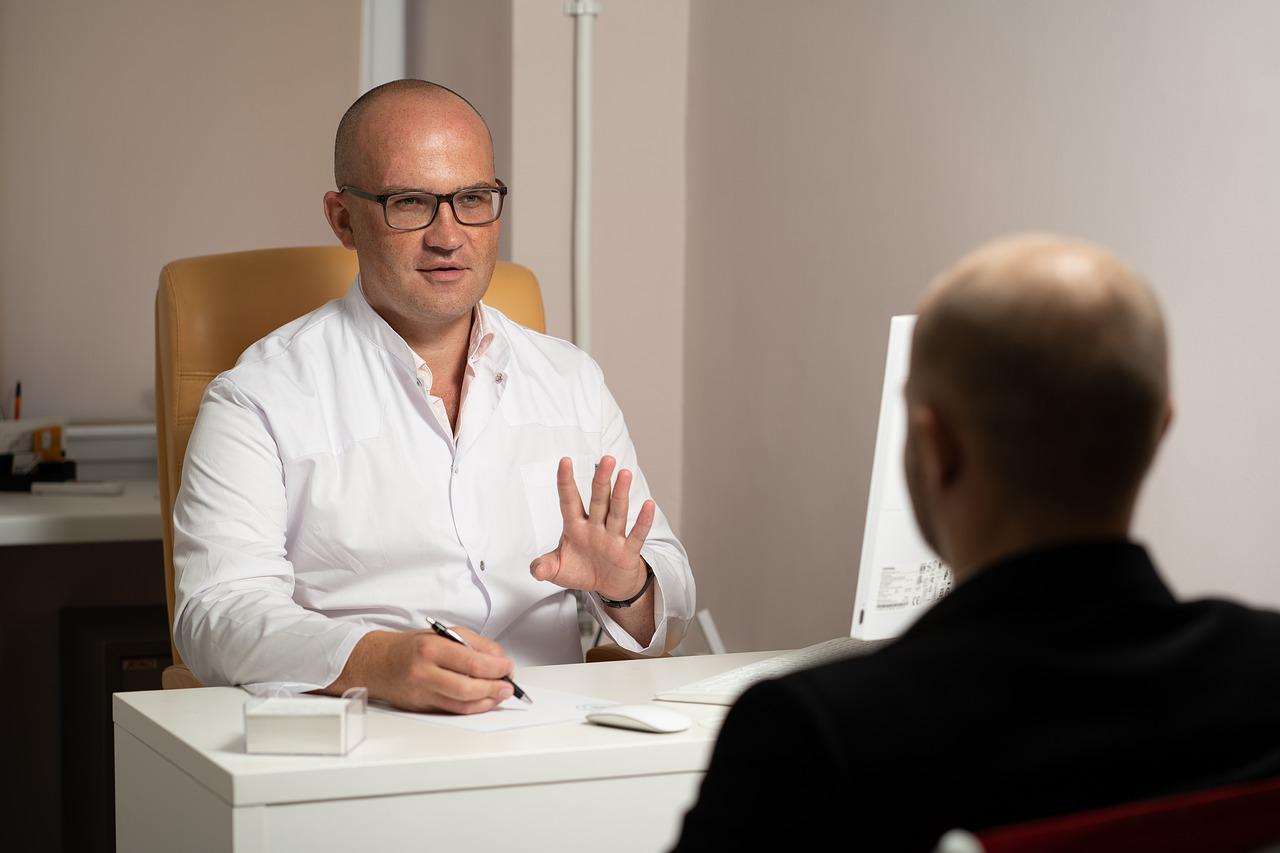A lot of people experience feelings of anxiety around attending a doctor’s appointment, and it could be for a myriad of reasons, although one of the most common is feeling embarrassed. Regardless of your personal feelings, going to the doctor is important in order to ensure that you are as healthy and happy as you can be. However, this is often easier said than done, which is why we have put together the following tips. Keep reading to find out more.
Do Some Research
Before you make an appointment, it is worth doing some research into your symptoms beforehand. Then, depending on your symptoms, you might be able to give yourself an initial diagnosis and test it. For example, if your symptoms fit with an STI diagnosis, then you could get an STI from Cloud Pharmacy to learn whether or not you do indeed have one. You can then take this knowledge with you when you go to the doctor. Again, it could help to rule things out or speed up the diagnosis process.
Why Are You Going?
First things first, you need to think about why you have made the appointment. You obviously are suffering from something that you want to discuss. You might find it easier to go into the appointment with an itinerary of things that you want to talk about. You can also practice saying them beforehand if you find it helpful to do so. This means that you won’t get off-topic or forget things, and once you have practised what you want to say, it feels a little more clinical and a little less personal saying it all.
When You Get There
When you have made it to your appointment, you might want to ease yourself into the conversation. You can communicate your unease to the doctor, and they should try their best to remove some of the awkwardness that you are feeling. Once you are ready, you can dive into the points that you have prepared. You also need to do your best to be honest; if you are embarrassed, you might be tempted to try and spare your blushes by skirting around certain facts or uncomfortable truths but try not to do this. You need to tell the truth in order to receive an accurate diagnosis.
After you have outlined your symptoms and concerns, your doctor might start to ask you questions to try and narrow down your potential diagnosis. This can happen quickly, but you should never be afraid to ask them to repeat themselves or explain themselves. You need to ensure that you have taken in and understood all of the information that you have been presented with.
To Conclude
There are a few health concerns which can feel embarrassing, but you need to bear in mind that you aren’t the first person to suffer, and you won’t be the last. The likelihood is that your doctor will have seen it all before. Remember, your doctor is a professional, they are not going to pass judgement, and if they do, you should find a new doctor; it is their job to treat you, and that is it.





